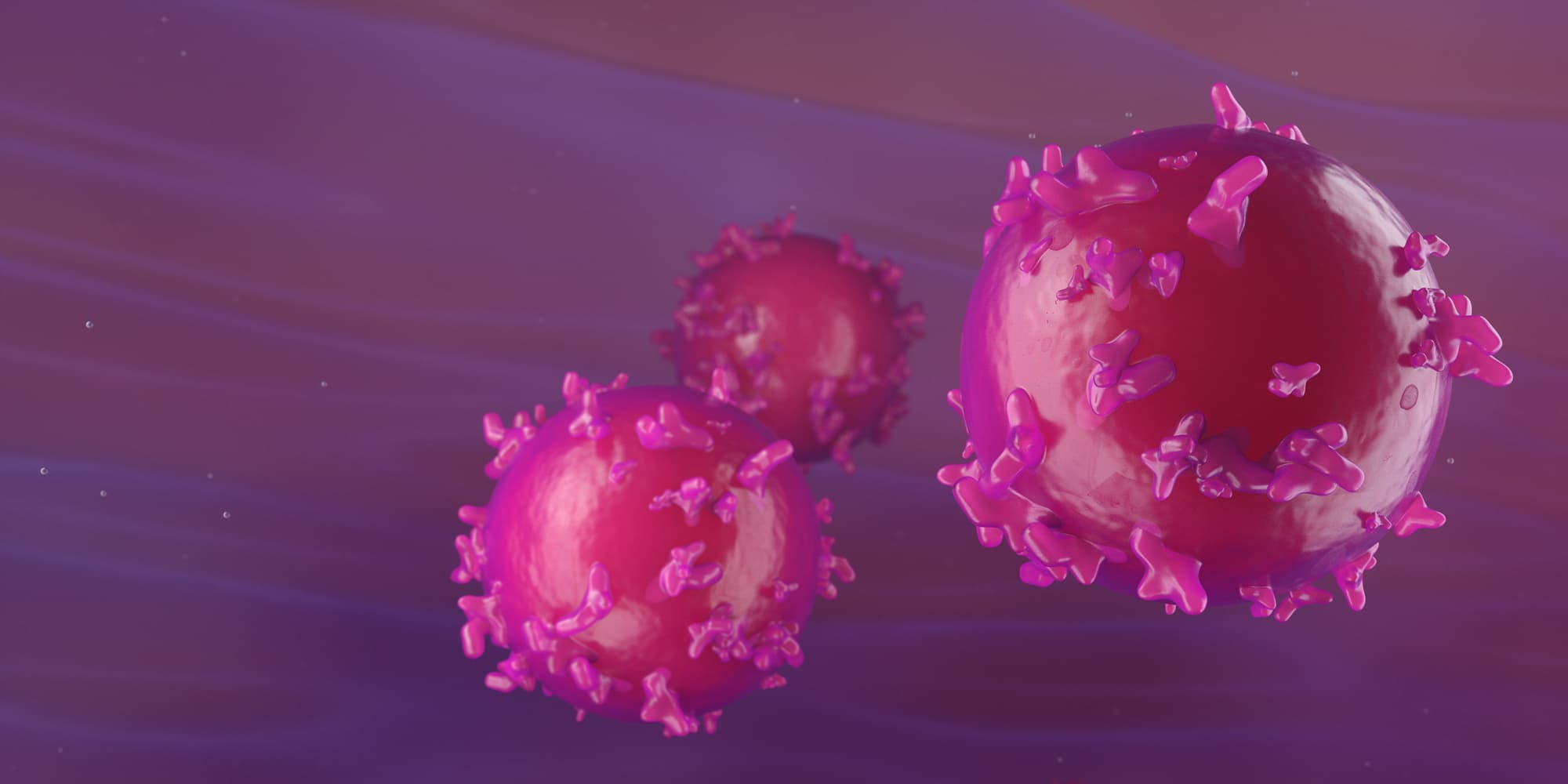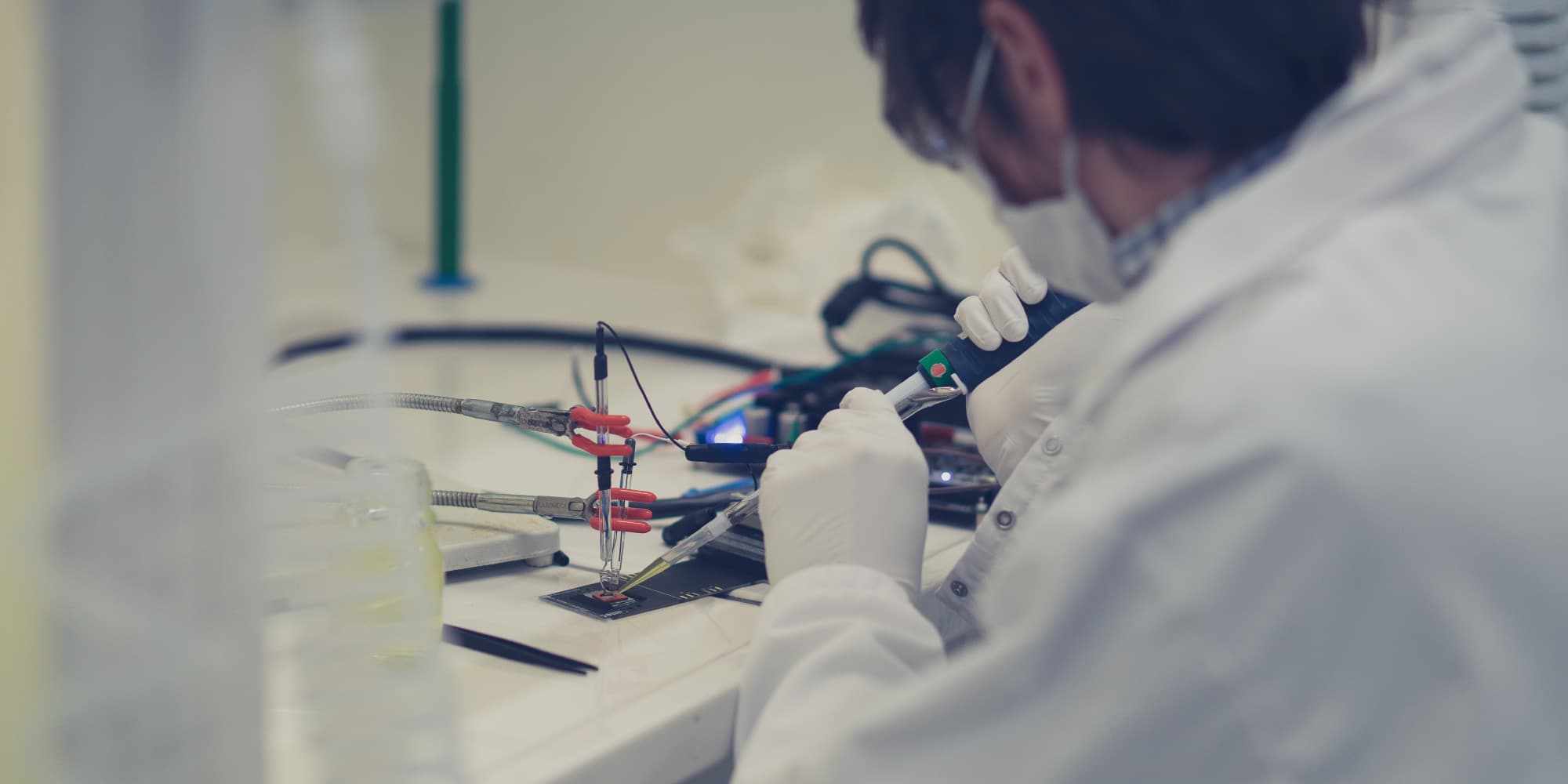
Digiome: realizing the promise of nanopore protein sequencing
Single-molecule protein sequencing would mean a leap forward for life sciences and therapeutics. Together with partners, imec is well-positioned to take on that challenge.
Proteomics has been named the next frontier in biotechnology. Amazing advances in DNA sequencing and analysis are enabling us to comprehend the human genome and democratize genomics-based diagnostics and therapies. Now the time has come to do the same for proteomics.
But the challenge is massively greater than modifying existing technologies towards a new set of molecules. For one thing, the proteome is far more complex than the genome. The estimate is that there are fifty times more proteins than genes. What’s more, proteins cannot be amplified using PCR.
For reasons like these, we’re still a long way from having the kind of compact, high-throughput devices the industry needs for protein sequencing, fingerprinting and identification, preferably at the point of care. Current solutions – using multi-spectrometry or immuno-based assays – are bulky, need highly trained operators, and suffer from limited throughput or low accuracy.
To enable a digital revolution in proteomics, we need high-throughput single-molecule protein sequencing. Imec believes solid-state nanopore technology can make that happen. And the Digiome project is our commitment to making it happen.
The value of nanopores for single-molecule protein sequencing
It’s easy to identify the main obstacle towards single-molecule protein sequencing: scale. Characterizing a proteome would require hundreds of billions, even a trillion reads per experiment. To do this with a compact device and within an acceptable timeframe requires a very high-density array of nanopores with individually addressable electrodes.
A very promising and scalable way to achieve this is through a solid-state nanopore technology platform that leverages the expertise and tools of chip manufacturing. The kind of platform that is being developed at imec.
Open innovation model
As an R&D hub that’s guided by the objective of a sustainable future, imec sees next-gen proteomics as a crucial lever towards personalized, affordable healthcare. That’s why we set up Digiome, an ambitious project with earmarked funding from the Flemish government and a dedicated, multidisciplinary team. Its goal is to establish single-molecule protein sequencing as a driver application on imec’s solid-state nanopore platform.
However, this is not a challenge we can take on by ourselves. We embrace an open innovation model with strategic partnerships to bring together the wide multi-faceted expertise that’s needed to make single-molecule protein sensing a reality.
Want to participate?
As a Digiome partner, you become part of the unique enterprise of bringing a disruptive solution to the life sciences and therapeutics world. You share your application-specific knowledge within a solid framework – guided by a world-leading R&D hub in nano- and digital technologies that contributes its expertise and infrastructure.
Digiome welcomes:
- Academic partners that want to assist us in de-risking nanopore technology by solving generic challenges like manufacturability. You get access to our solid-state nanopores in exchange for your feedback on their performance in protein sensing.
- Industrial partners offering bioassay and chemistry components that want to work with us in developing an application turning this pioneering technology into a assay.












